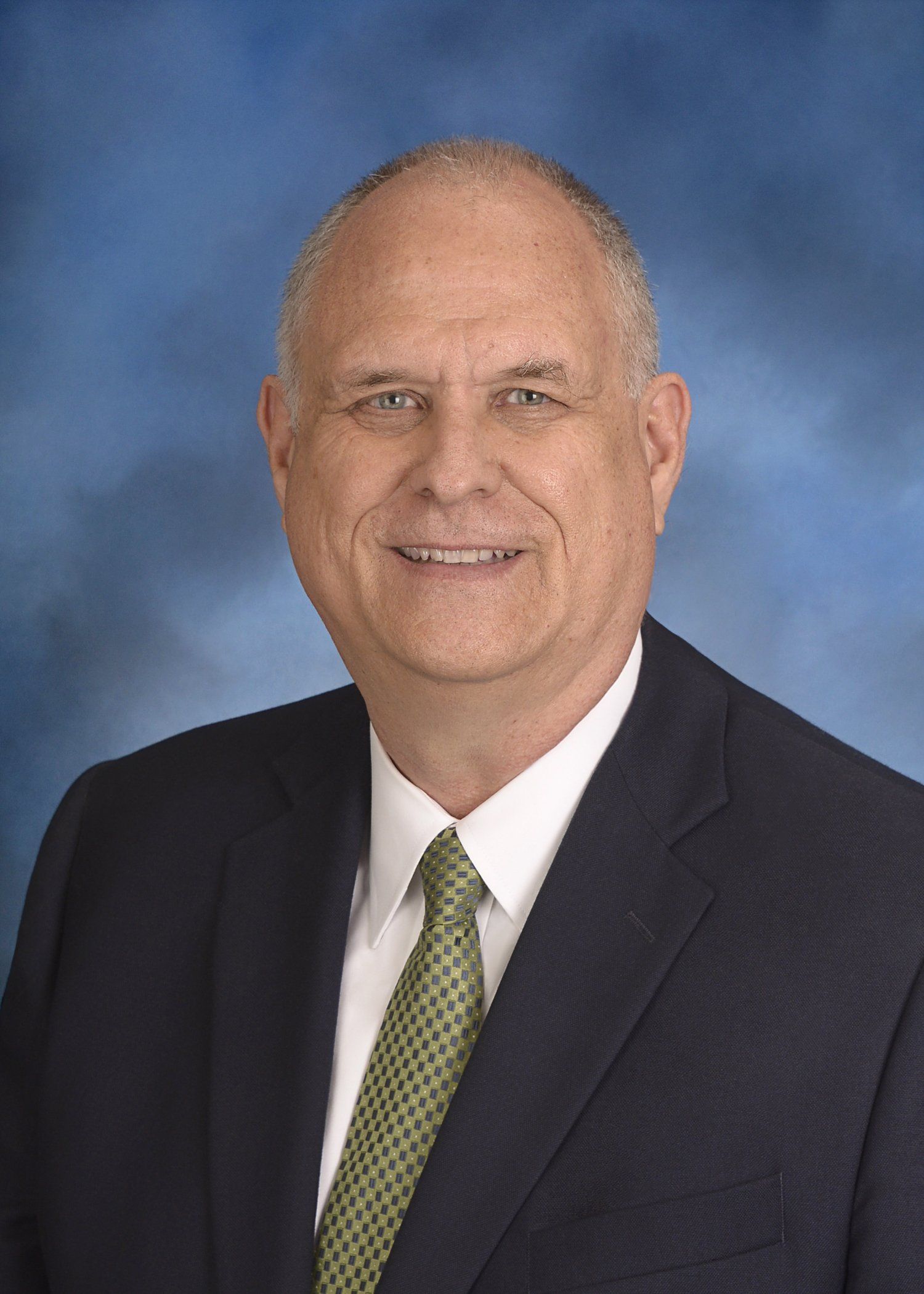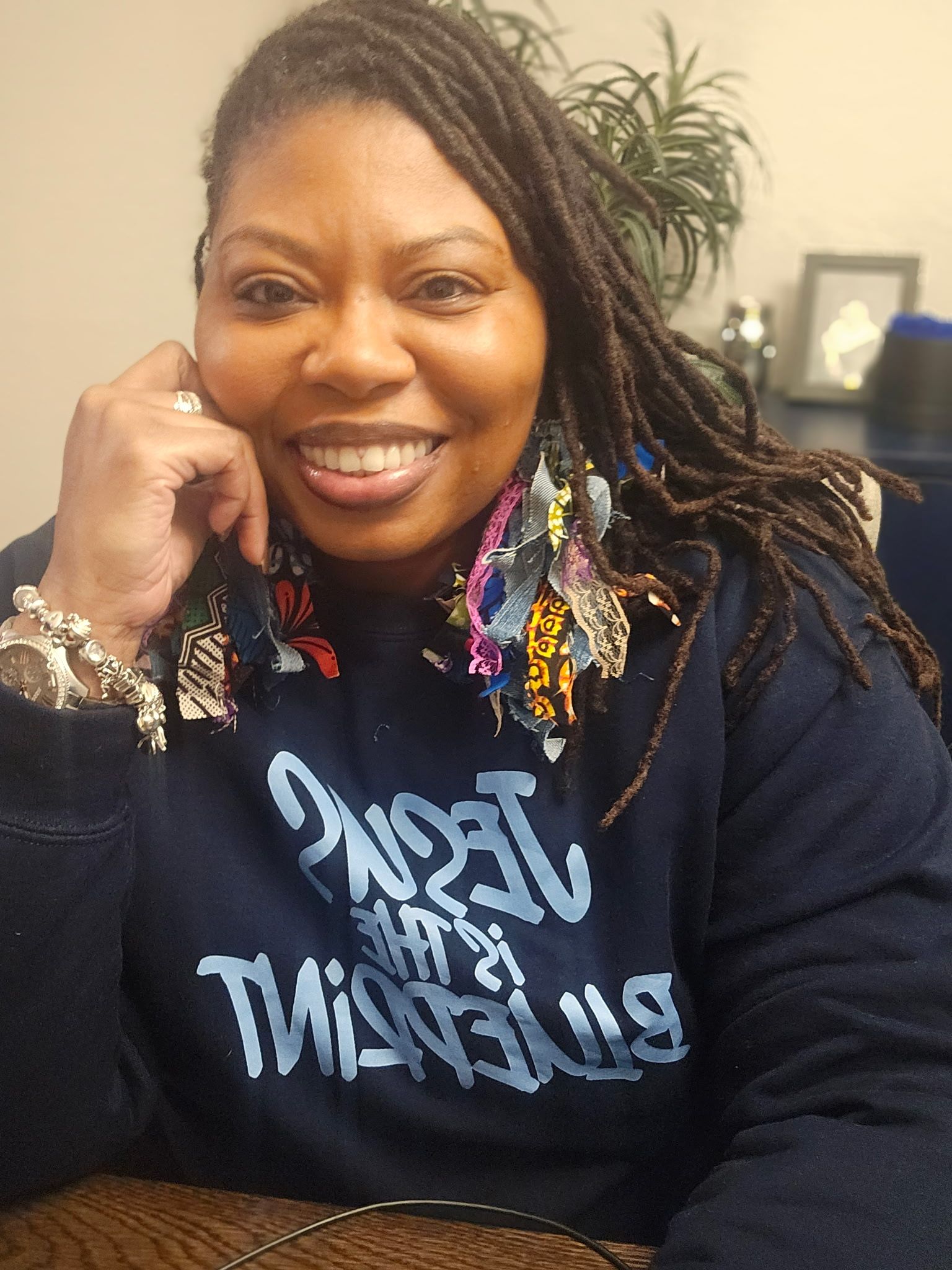November Advocate Spotlight
Matt McGlothlin

1. How long have you been an Advocate and when did you realize you wanted to become one?
I have been an Advocate for just over four years now. Many years ago my employer at the time was a really big supporter of CASA. We had easels set up in the lobby of our building with pictures of kids that had benefitted from having an Advocate. It took several years and a volunteer fair at my church before I finally convinced myself to take the plunge.
2. What is the most rewarding aspect of being an Advocate?
The most rewarding thing about being an Advocate is knowing that I am actually making a difference in someone’s life. I have always wanted to know that when I leave this world that someone aside from my family benefitted from my being here. With CASA, I can tangibly see the impact I am making. I also enjoy fighting for my kid, even when the odds seem against him.
3. If you could offer some words of encouragement to your fellow and incoming Advocates, what would they be?
Mainly just “Never Give Up”. This can take on two forms.
• Never give up on your kid. Ever. I have been with my current kid over 2 ½ years now. There were times when I felt like just stepping away. It took almost 9 months just to earn his trust. There were times he refused to see me. Sometimes his behavior was just terrible. But then I would tell myself that most of the adults in his life had walked away from him, and I was determined not to be another. I have made it a point to visit him whenever he is moved, regardless of where that is. Today we have a great relationship and he trusts me completely.
• Never give up fighting for your kid. There have been multiple times when just about everyone except my supervisor disagreed with my recommendations, even though I knew in my heart I was acting in his best interests. I have gone against CPS, his ad litem, case workers, and therapists. I listen to what they have to say but then I have to weigh what they are recommending with what is best for him.








